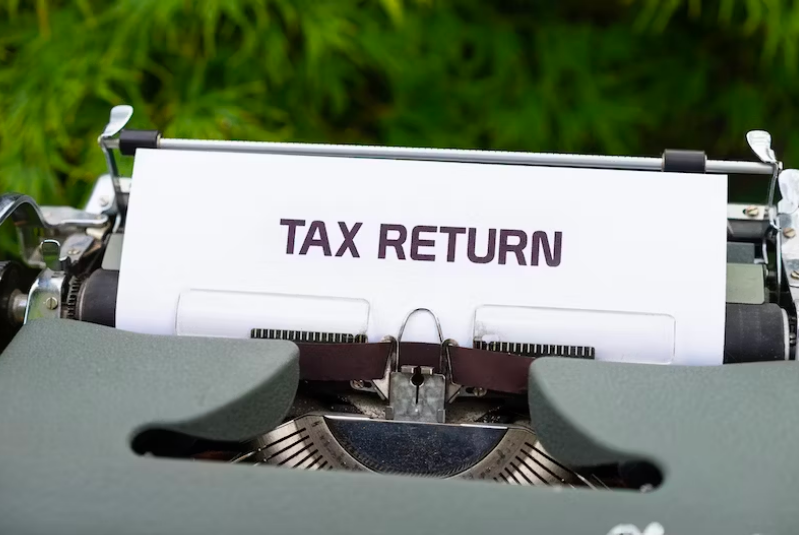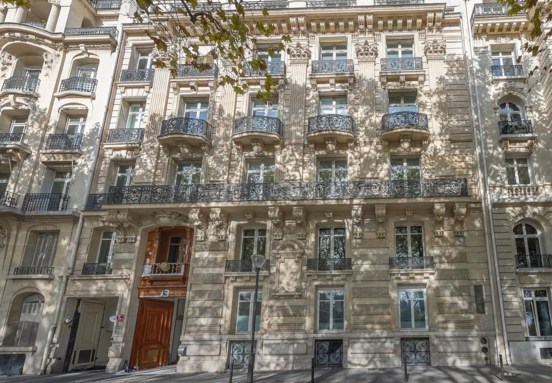Office Rental: How Is Taxation Calculated? The tax regime varies depending on whether the office space is furnished or unfurnished. Just like residential properties (which can be rented "unfurnished" or "furnished"), professional premises can be either equipped or unequipped. This distinction results in different tax treatment under income tax, with specific implications for VAT.
Renting Furnished Offices
From a tax perspective, if you rent out furnished office space, you are considered a commercial lessor. As the owner, your rental income is taxed under the BIC (Industrial and Commercial Profits) category for income tax purposes.
The rent is subject to VAT at 19.6%. This amount is added to the rent and must be paid to the government. If the landlord is also subject to VAT, they can recover the VAT paid on expenses related to the property (equipment, renovations, and possibly the purchase of the property itself). If the tenant is VAT-registered, they too can recover the VAT they pay on the rent.
Renting Unfurnished Offices
If you rent out unfurnished offices, you are not considered a commercial lessor. In this case, the rental income is taxed under the property income (revenus fonciers) category.
The rent is subject to VAT (19.6%) only by option. If this option is chosen, the VAT is neutral only if the tenant is VAT-registered and can pass on the VAT to their own clients. Otherwise, the landlord must obtain the tenant’s agreement and include it in the lease.
This VAT option is valid for 10 years and can be renewed once.
Two Scenarios for the Landlord
1. If you opt to apply VAT on the rent: If the tenant is not liable for VAT, this can be a deterrent to renting, as the additional VAT increases the total cost.
2. If you do not opt to apply VAT on the rent: From the landlord’s perspective, the rent is not increased by 19.6%, and there's no VAT to remit. However, you cannot recover VAT paid on expenses related to the office (such as renovations or equipment). From the tenant’s perspective, if the tenant is not subject to VAT (e.g., a doctor or lawyer), this is not an issue, as VAT is not added to the rent. If the tenant is VAT-registered, this could be a disadvantage, as they won’t be able to reclaim any VAT, making the property less attractive.







